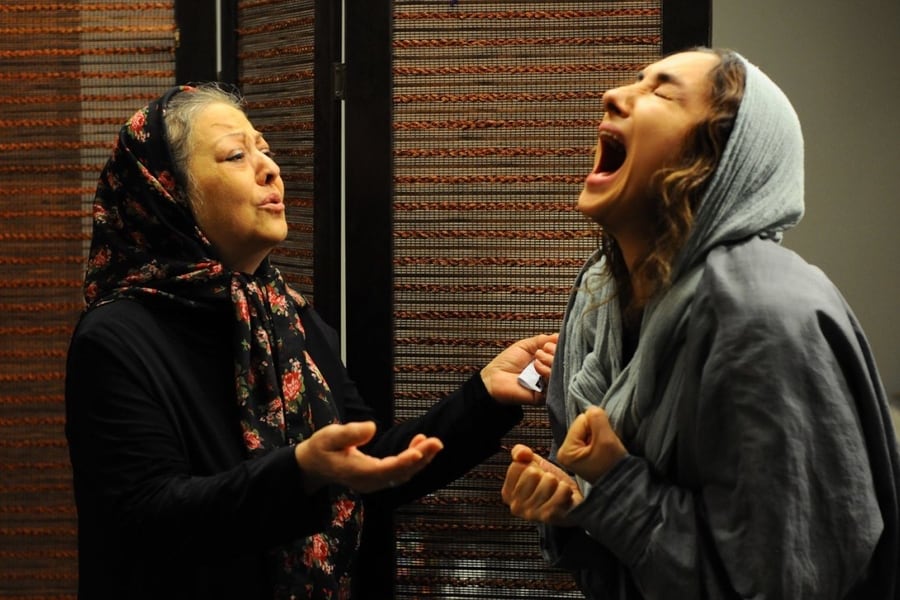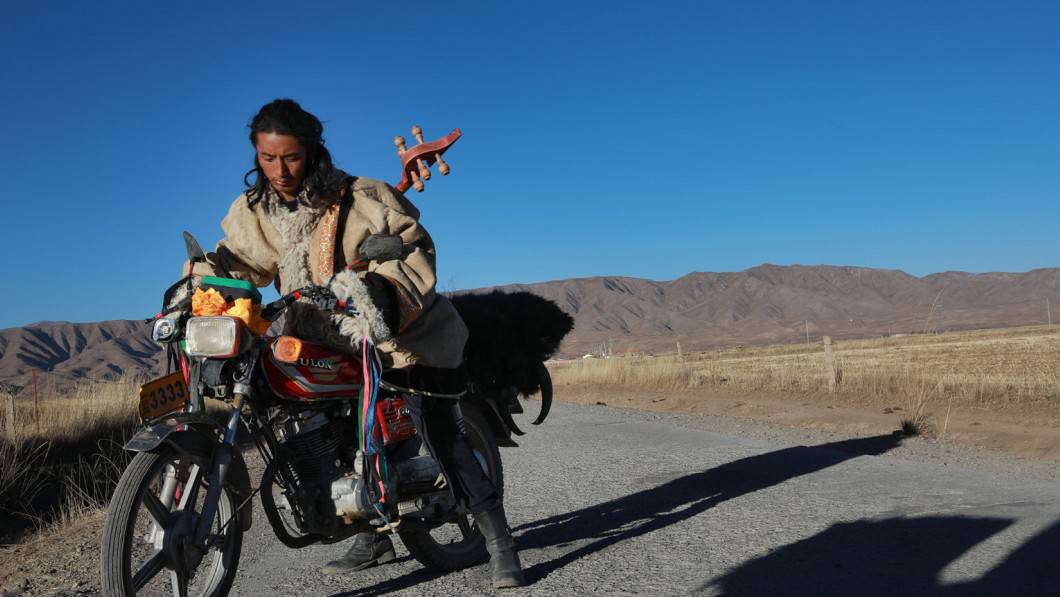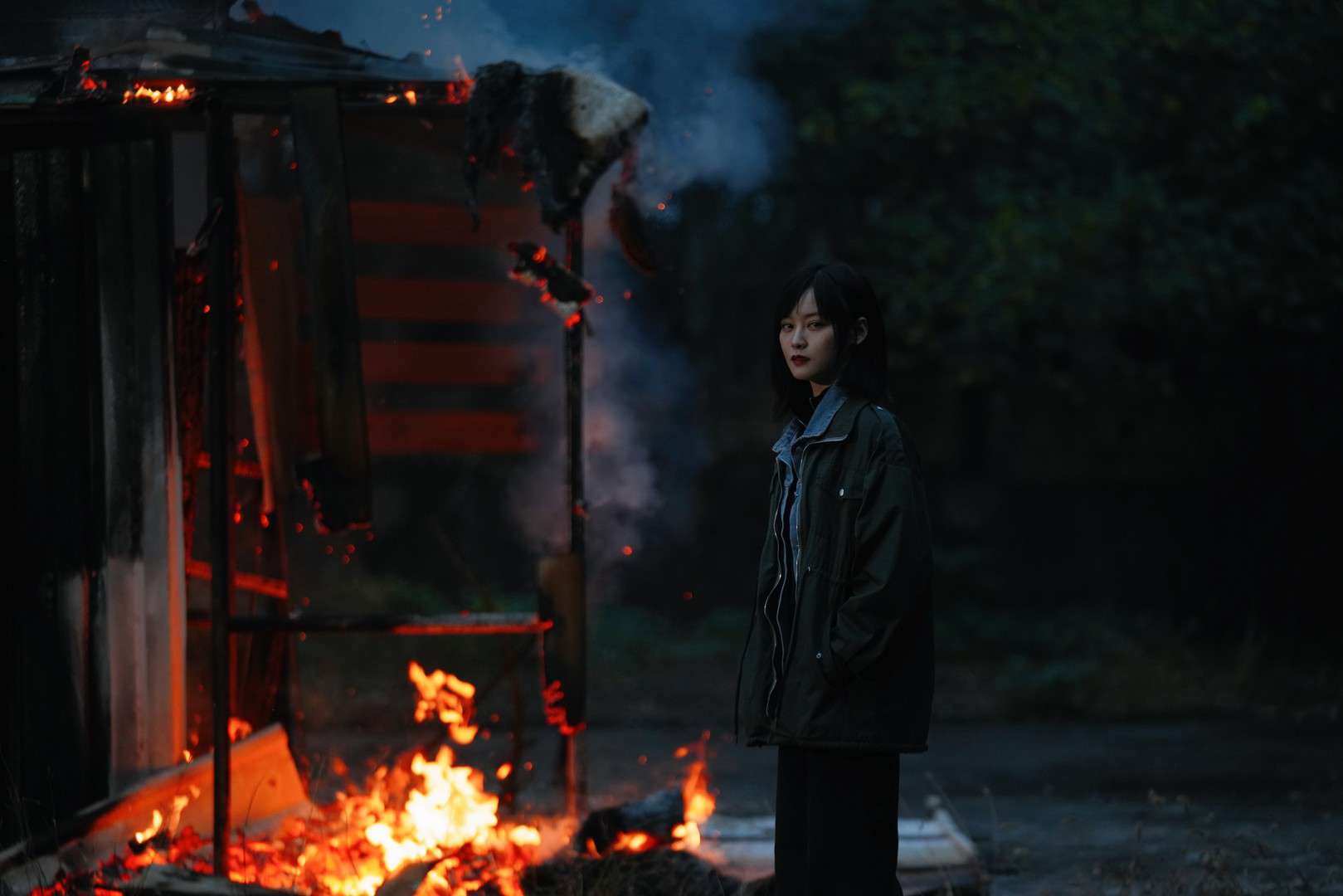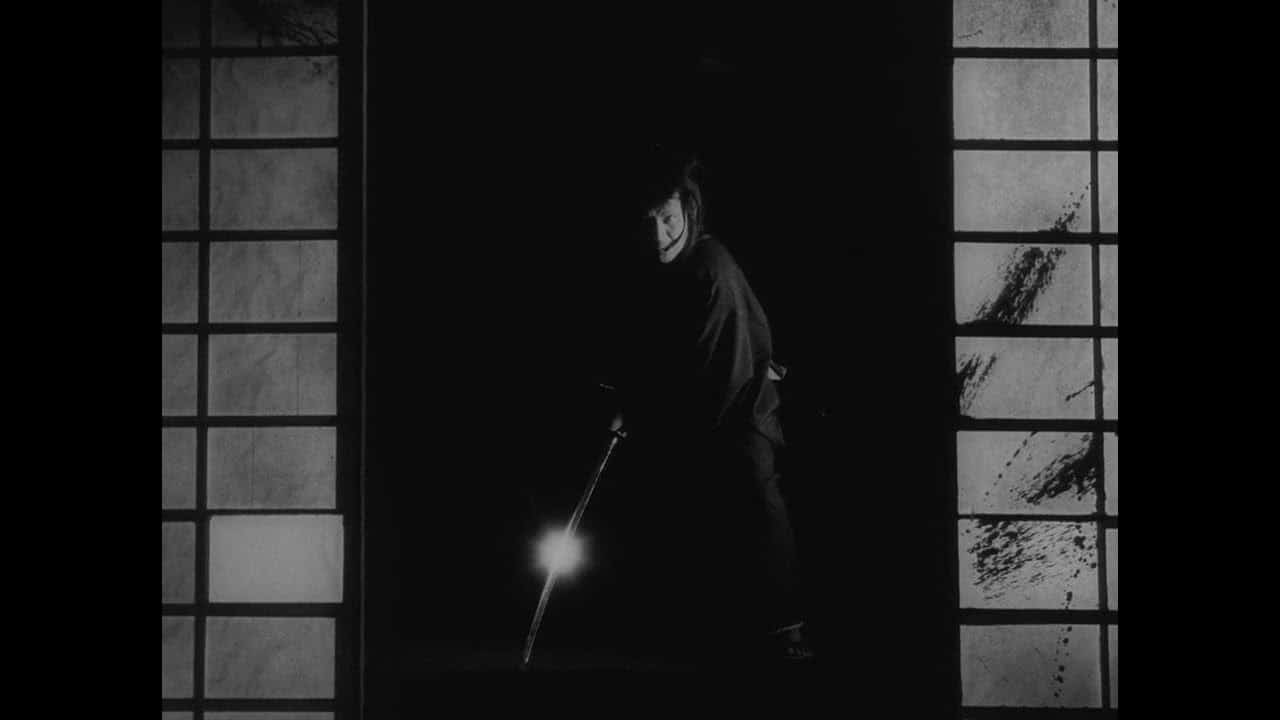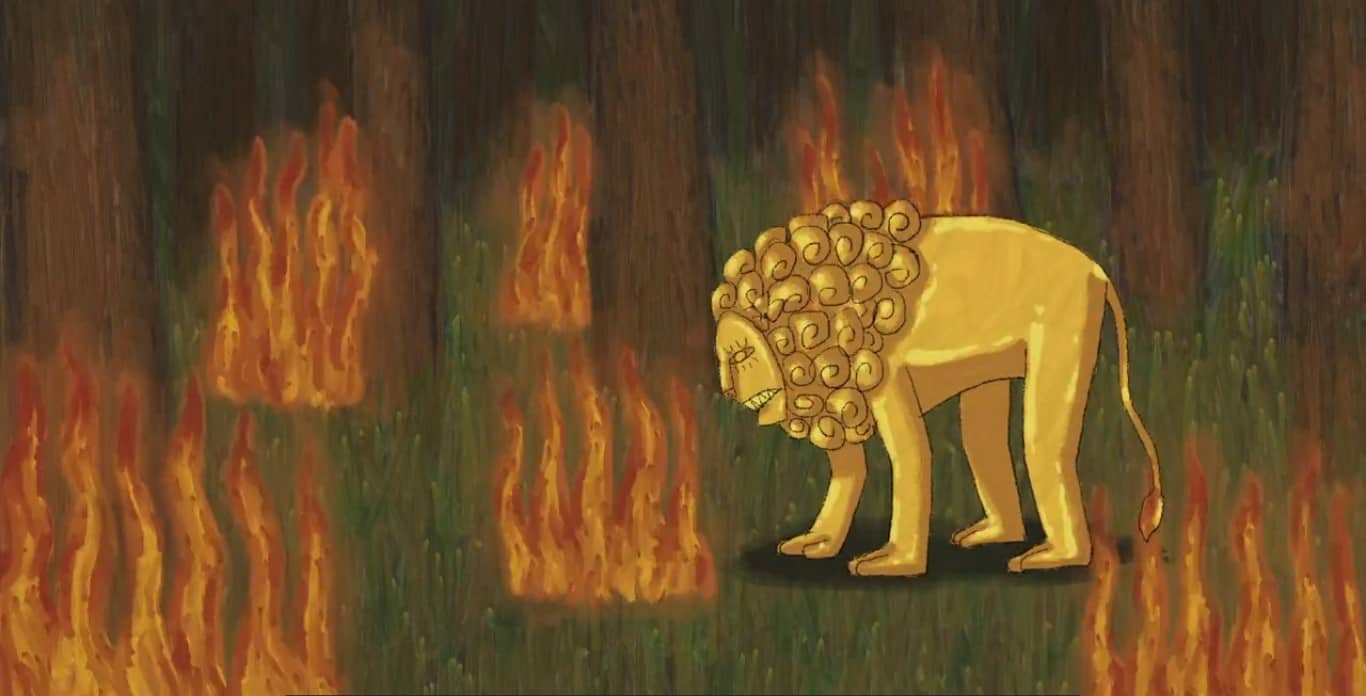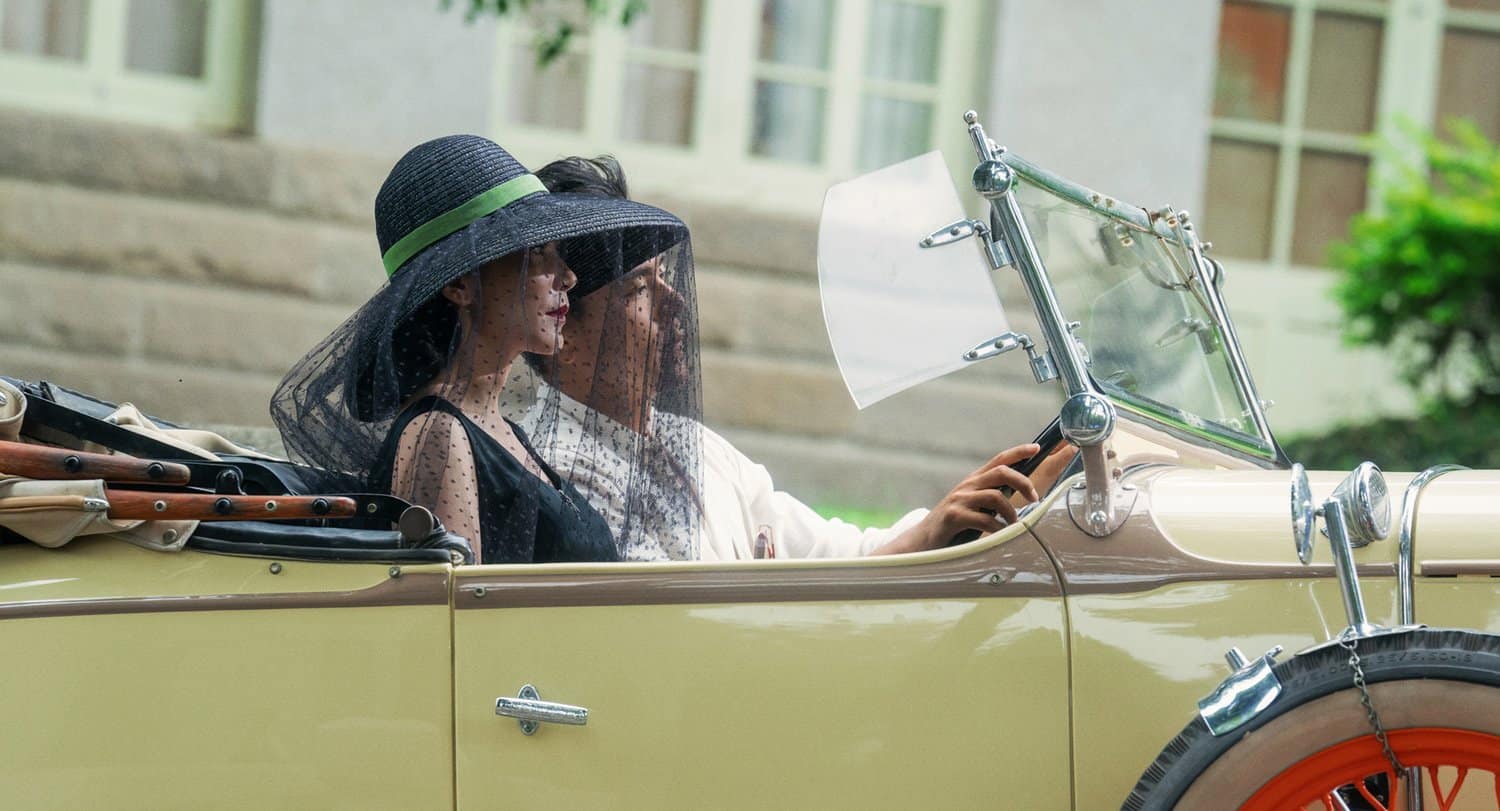One of the many aspects that combines authoritarian political systems is the necessity to control public opinion, the media and how it is presented in the outside world, making it obligatory to observe, censor or silence them. In the case of the June 1962 Novocherkassk massacre, the strike of workers over an increase in production quotas and the overall rise in the costs of living resulted in the Soviet army stepping in, killing 26 people and wounding around 80, according to official sources. The event was kept quiet for many years, even though rumors spread quickly across the nations, as director Andrei Konchalovsky recalls, who was at the time working with filmmaker Andrei Tarkovsky on the script for “Ivan's Childhood”. As he became a director himself, he planned to make a film about the events of that day, but it wasn't until the 2010s that he came back to the idea, which defines the foundation for his feature “Dear Comrades!”.
Dear Comrades! is screening at Black Movie International Festival of Independent Movies
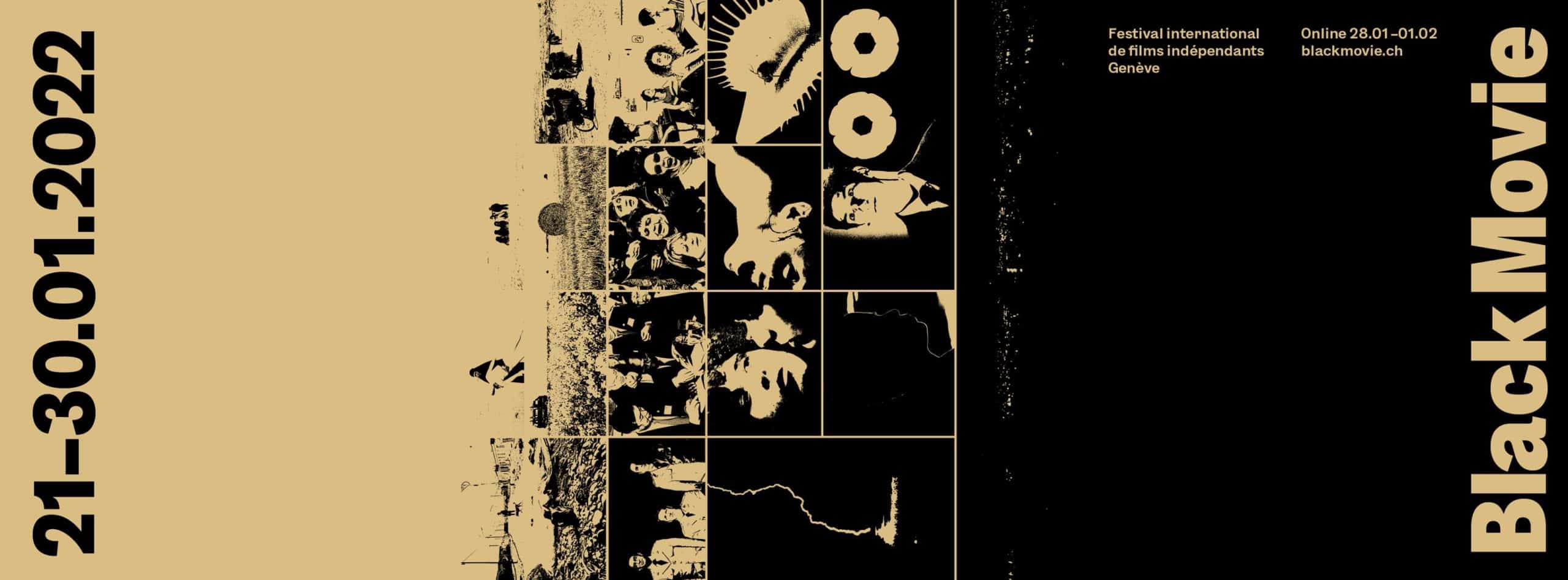
Ever since she was a young girl, Lyudmilla (Julia Vysotskaya) has been a strong believer in the policies of the Soviet state and in the ideals of communism. Although the rule of Joseph Stalin made many people skeptical about the system, she remained a loyal supporter, and even became a member of the local city committee in her hometown of Novocherkassk. However, her stern belief and political views have been the source of conflicts with her father, an ex-soldier, and her daughter Svetka (Yuliya Burova), who criticises the current system for having forgotten about the people, especially now that the costs for housing and food have risen.

Within the city, Svetka is not the only one disillusioned with the party and their politics, as a worker's strike takes place, which the officials would like to sweep under the carpet. However, as the amount of unrest of the people becomes more and more apparent, military along with political officials feel the need to act, to silence the workers, by ordering a lockdown of the city itself and the army to keep the people at bay. When during the protest, some of the demonstrators are shot, panic erupts, leaving many wounded and dead, and Lyudmilla in search for her daughter, who she suspects might be either hiding or, her worst fear, among the victims.
As reliable accounts of the vents are still somewhat uncertain, Konchalovsky relies on the family drama to tell a story about disillusionment and the undermining of one's belief. The bleak black-and-white cinematography is an apt depiction of the kind of reality Lyudmilla and her family have learned to live with, but while her father and daughter have no doubt about the bleak future which awaits them, albeit with different consequences for themselves, the main character still believes in the vision of the end of class struggle and the utopian world promised by communism. Throughout the feature, the search for her daughter and the growing KGB presence looking for the last remnant of resistance among the population, seem to accompany a loss of faith and also innocence, as political idealism faces the hash reality of an authoritarian regime wanting to terminate any opposition.
In many ways, this moment of clarity is the true violence in “Dear Comrades!”, leaving one empty and without a sense of belonging. As Lyudmilla, actress Julia Vysotskaya gives a strong performance as a woman whose faith is tested, when the conflict between her ideology and her family can no longer be evaded. The shooting itself is vicious, depicted with a certain distance, whereas the aftermath, officials pointing fingers and blaming each other, KGB agents interrogating and blackmailing witnesses to stay silent, exposes the regime for what it is, with Lyudmilla being in the middle of it all.
In conclusion, “Dear Comrades!” is a powerful feature about disillusionment and loss of faith. With its strong performances and cinematography, Andrei Konchalovsky has managed to tell a story about a pivotal event in Soviet history, which is both thought-provoking and impactful.



